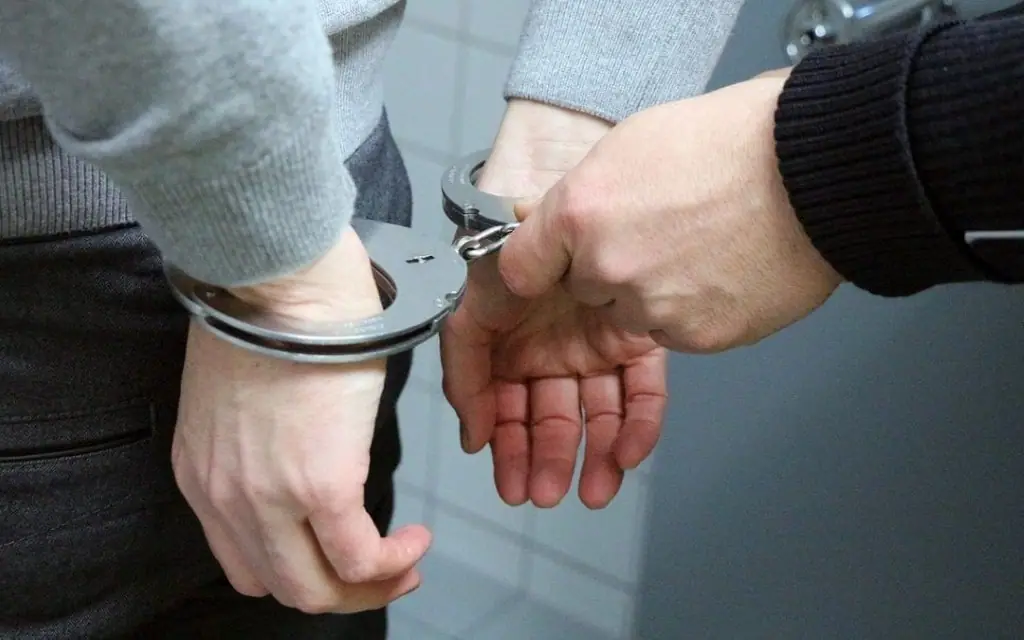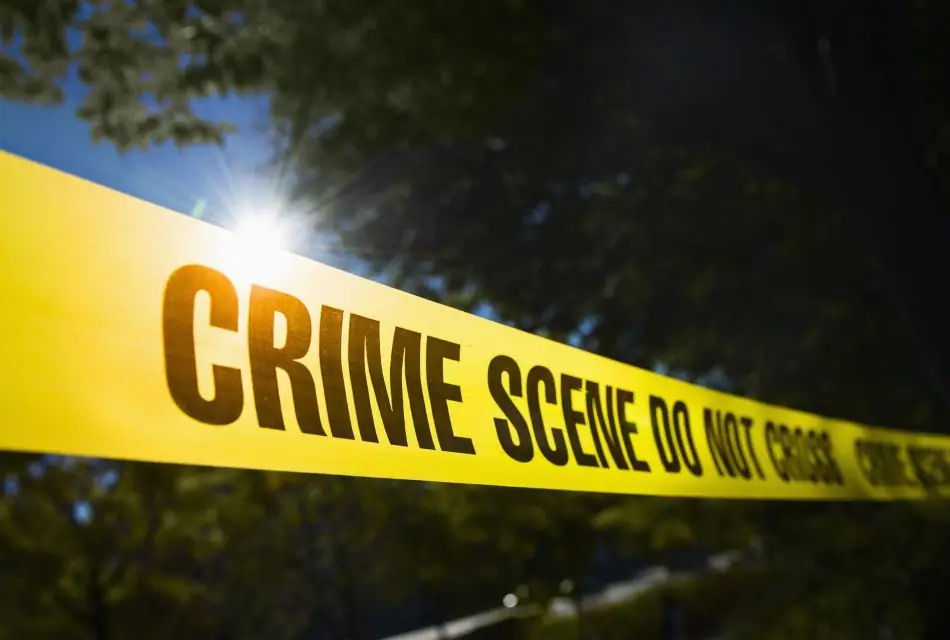The criminal justice system is a complex and essential part of any society, ensuring the maintenance of law and order. It encompasses a series of processes and institutions that play a vital role in the investigation, prosecution, and punishment of individuals who have committed criminal offenses. In this article, we’ll delve into the workings of the criminal justice system, shedding light on its various components and how they interact to uphold justice.
The Components of the Criminal Justice System
The criminal justice system consists of several key components, each playing a unique role in the process of investigating and prosecuting criminal offenses. Here’s an overview of these components:
- Law Enforcement: Law enforcement agencies, such as the police, are responsible for investigating alleged crimes, apprehending suspects, and gathering evidence. They are the first point of contact in the criminal justice system when a crime is reported.
- Prosecution: Prosecutors, often representing the government, are tasked with evaluating the evidence collected by law enforcement and deciding whether to file formal charges against a suspect. If charges are filed, the case moves to the court system.
- The Courts: The court system is where criminal cases are heard and resolved. This component involves judges, juries, defense attorneys, and the prosecution. The accused has the right to a fair trial, and the court ensures that the process is conducted in accordance with the law.
- Corrections: Once a person is convicted of a crime, they may serve a sentence in a correctional facility, such as a prison or jail. Corrections officers oversee these facilities, and the goal is to rehabilitate offenders and protect society.
- Probation and Parole: In some cases, individuals may be sentenced to probation or parole instead of incarceration. This involves supervised release into the community, subject to specific conditions and under the oversight of probation or parole officers.
- Rehabilitation and Support Services: Rehabilitation programs, counseling, and support services are available to assist individuals in reintegrating into society after serving their sentences. These programs aim to reduce the likelihood of reoffending.
What is the role of a defense attorney in the criminal justice system? A defense attorney’s primary role is to represent the accused and ensure their rights are protected throughout the legal process. They challenge the evidence presented by the prosecution and advocate for their client’s interests.
How do plea bargains work in the criminal justice system? A plea bargain is a negotiated agreement between the prosecution and the defense, where the accused agrees to plead guilty to a lesser charge or accept a reduced sentence in exchange for avoiding a full trial. It is a common method of resolving cases efficiently.
What happens if someone is found not guilty in a criminal trial? If a person is found not guilty in a criminal trial, they are acquitted of the charges, and their legal record remains unblemished in relation to those specific allegations. They are generally free to go without further legal consequences for that particular case.
What are the goals of the corrections system in the criminal justice system? The goals of the corrections system include punishment, deterrence, rehabilitation, and protection of society. It aims to hold offenders accountable for their actions, prevent future crimes, and facilitate their reintegration into the community.
Can someone be retried for the same crime if new evidence emerges after a verdict? In many legal systems, the principle of double jeopardy prevents a person from being retried for the same crime after being acquitted. However, if genuinely new and compelling evidence comes to light, it may be possible to reopen a case in some circumstances.
Conclusion
Understanding how the criminal justice system works is crucial for citizens to appreciate the mechanisms in place for maintaining law and order. The system relies on cooperation among various components, including law enforcement, prosecution, the courts, corrections, and support services. It seeks to balance the principles of justice, accountability, and rehabilitation to ensure a fair and functioning society. Whether you find yourself involved in the system or are merely curious about its inner workings, knowing the basics is essential for navigating the world of criminal justice.







